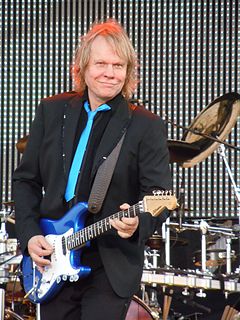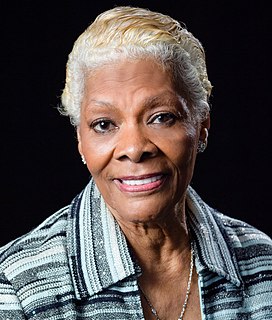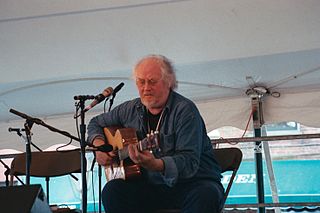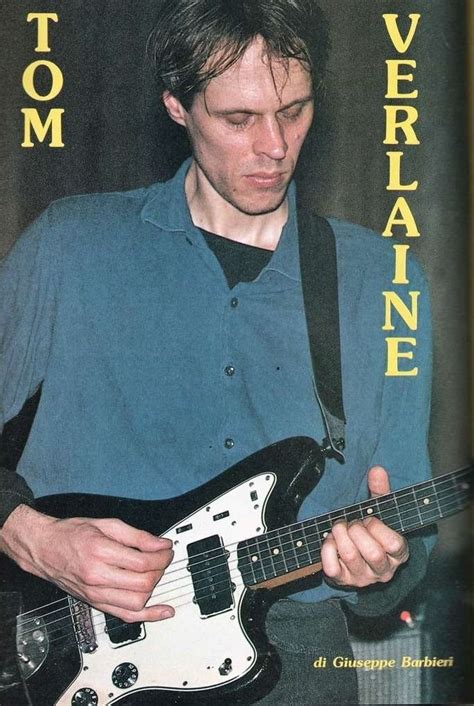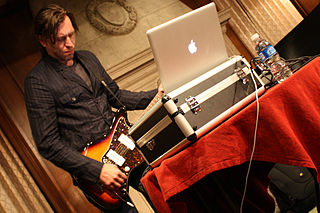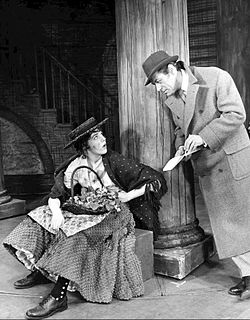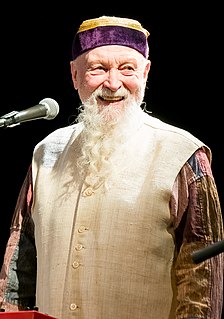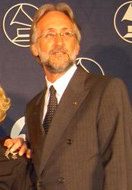A Quote by Dave Barry
By the eighties, a lot of radio stations had started playing "Sixties" music. They called it "Classic Rock," because they knew we'd be upset if they came right out and called it what it is, namely "middle-aged-person nostalgia music.
Related Quotes
You put music in categories because you need to define a sound, but when you don't play it on your so-called radio stations that claim to be R&B or jazz or whatever... All music is dance music. But when people think of dance music, they think of techno or just house. Anything you can dance to is dance music. I don't care if it's classical, funk, salsa, reggae, calypso; it's all dance music.
I was interested in a whole range of music that I used to play, popular music -- particularly American music -- that I heard a lot of when I was a teenager," "I think at a certain point it dawned on me that myself playing this music wasn't very convincing. It was more convincing when we played music that came from our own stock of tradition. ... I certainly feel a lot more comfortable playing so-called Celtic music.
I write a lot of more instrumental music than I do vocal music. It's because I come out of a background of playing piano and then playing sax for a number of years. I kind of got into rock backwards. A lot of guys go into rock and then get sick of it and then go into something else. I came the other way, so I've always just had a lot more stuff lying around.
I started playing guitar at the age of 8 or 9 years. Very early, and I was like already into pop music and was just trying to copy what I heard on the radio. And at a very early age I started experimenting with old tape recorders from my parents. I was 11 or 12 at that time and then when I was like 14 or 15 I had a punk band. I made all the classic rock musician's evolutions and then in the early nineties I bought my first sampler and that is how I got into electronic music, because I was able to produce it on my own. That was quite a relief.
Because U.K. artists aren't compensated when their music is played on U.S. radio stations, U.S. artists aren't compensated when their records are played on U.K. stations based on the fact that there's no reciprocity. If that income came in, our artists would be paying income taxes on it. So if we can get a lot of policy on the radar, that may have some positive influence.


